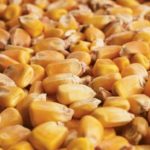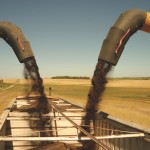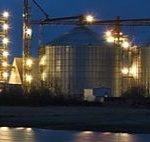Reuters — U.S. regulators may start testing food products for residues of the world’s most widely used herbicide, the Environmental Protection Agency told Reuters on Friday, as public concern rises over possible links to disease. Glyphosate, the active ingredient in Roundup herbicide, has come under intense scrutiny since a research unit of the World Health […] Read more













